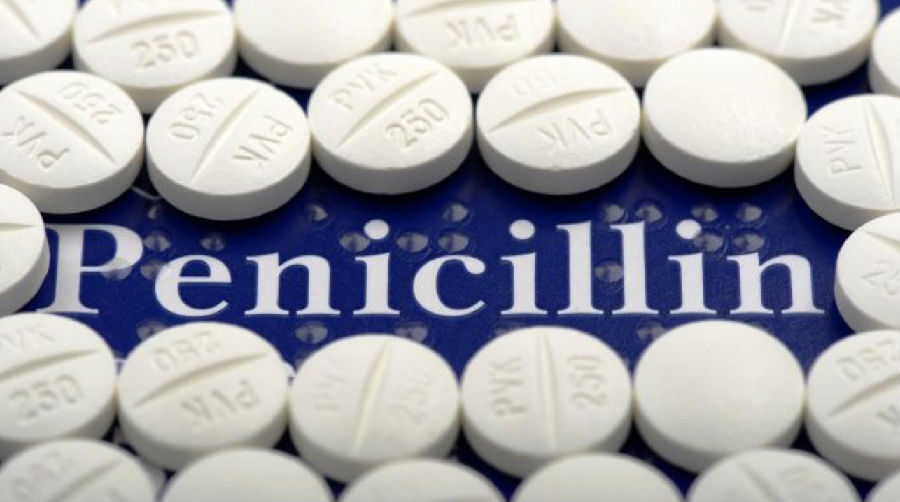His heart could no longer support his blood pressure.
他的心臟再也承受不住他的血壓了。
Researchers know more about the disease caused by e.coli.
研究人員對大腸桿菌引起的疾病有了更多的了解。
In 1993, four children died and more than 700 people were sickened after eating undercooked hamburgers from a fast food chain.
1993年,在快餐連鎖店吃了未做熟的漢堡包后,有4名兒童死亡,700多人患病。
The cause a bad cousin of the harmless bacteria living in our intestines.
原因是我們腸道中那些無害細(xì)菌的壞同類。
According to state health officials, there are over 100 cases of E coli poisoning connected with this case in western Washington alone and there could be more.
據(jù)州衛(wèi)生官員稱,僅在華盛頓西部就有100多例與此有關(guān)的大腸桿菌中毒病例,而且可能還會(huì)更多。
This bad e coli lives in the intestines of cows.
這種有害的大腸桿菌生活在牛的腸道里。
It gets in ground beef if the parts of the cow are not properly cleaned and separated during meat processing.
如果在肉類加工過程中,牛的各個(gè)部分沒有得到適當(dāng)?shù)那鍧嵑头蛛x,這種細(xì)菌就會(huì)進(jìn)入絞碎的牛肉中。
Adequate cooking however will kill the organism.
然而,適當(dāng)?shù)呐腼儠?huì)殺死它。
These pathogens have caused untold human misery.
這些病原體給人類帶來了難以言表的痛苦。
Tuberculosis has claimed at least 5 million lives.
結(jié)核病已經(jīng)奪去至少500萬人的生命。
It is the biggest all time killer from a single pathogen.
它是單一病原體的最大殺手。
Bacterial diseases have a long and brutal history.
細(xì)菌性疾病具有悠久而殘酷的歷史。
The Black Death or bubonic plague marched across Europe and Asia in the 14th century and killed a third of the population.
14世紀(jì),黑死病或腺鼠疫橫掃歐洲和亞洲,造成三分之一人口死亡。
The death rate from bubonic plague was 19%.
黑死病死亡率為19%。

With no medicines to fight the bacteria, doctors could do little to cure infectious disease.
由于沒有對抗細(xì)菌的藥物,醫(yī)生對治療這種傳染病無能為力。
The battle continued until the 12th century when an accidental discovery changed the course of medical history.
戰(zhàn)爭一直持續(xù)到12世紀(jì),一個(gè)偶然的發(fā)現(xiàn)改變了醫(yī)學(xué)史的進(jìn)程。
On the return trip, the planes bring wounded back to the hospitals in Britain.
回程時(shí),飛機(jī)把傷員送回英國的醫(yī)院。
Gangrene from which millions have perished in past Wars has been conquered by the miracle of penicillin.
在過去的戰(zhàn)爭中,數(shù)百萬人死于壞疽,而青霉素帶來的奇跡卻戰(zhàn)勝了它。
Scientists are manufacturing...
科學(xué)家正在制造......
The miracle began in 1928 when a British scientist named Alexander Fleming left bacterial cultures in the sink.
這個(gè)奇跡始于1928年,當(dāng)時(shí)一位名叫亞歷山大•弗萊明的英國科學(xué)家把細(xì)菌培養(yǎng)物留在水槽里。
Later he noticed one dish had gotten moldy.
后來,他發(fā)現(xiàn)有一個(gè)盤子發(fā)霉了。
The mold killed the bacteria, but Fleming couldn't stabilize or purify it.
霉菌殺死了細(xì)菌,但弗萊明無法將其穩(wěn)定或凈化。
That took a four-man team from Oxford and ten years.
牛津大學(xué)的四人小組花了10年時(shí)間。
They named the drug after the mold Penicillium led to penicillin.
他們以導(dǎo)致青霉素的霉菌命名這種藥物。
Thanks to penicillin and plasma will come home to their thankful families.
多虧了青霉素和血漿,戰(zhàn)士們將回到了心懷感激的家庭。
The whole world of peace to come will reap the benefits of this great wartime medical discovery.
未來整個(gè)和平世界都將從這一偉大的戰(zhàn)時(shí)醫(yī)學(xué)發(fā)現(xiàn)中獲益。
Penicillin was the dawn of a new age in medicine.
青霉素是醫(yī)學(xué)新時(shí)代的開端。











